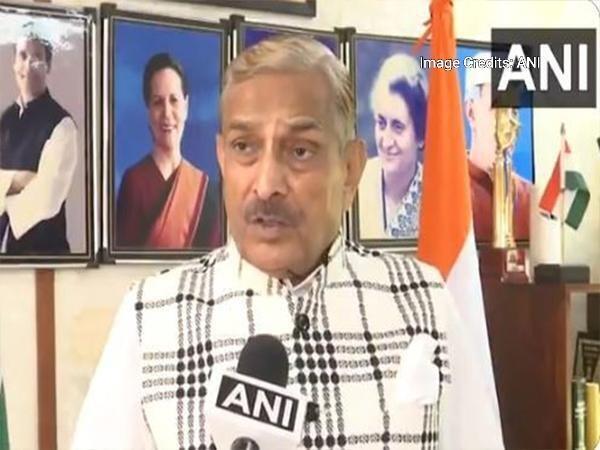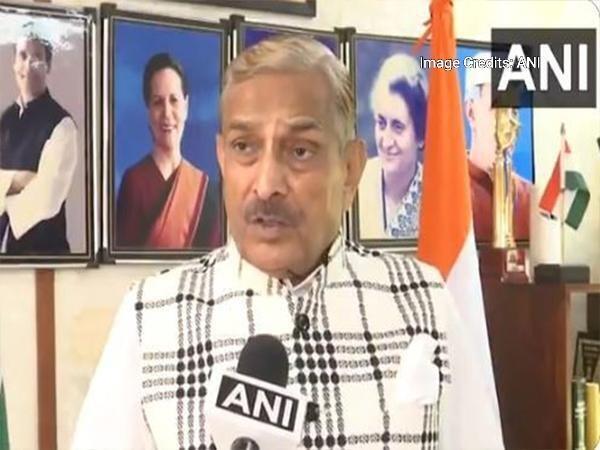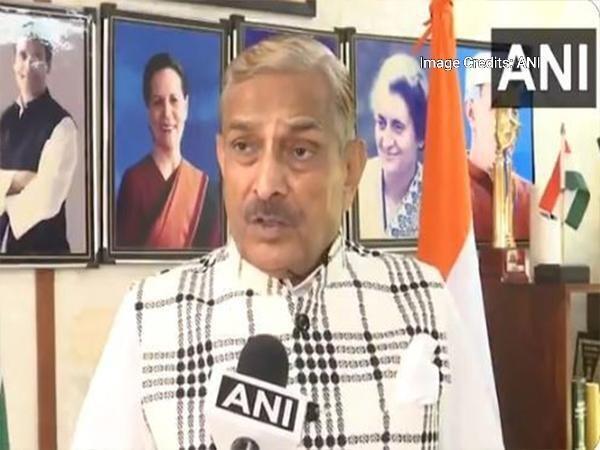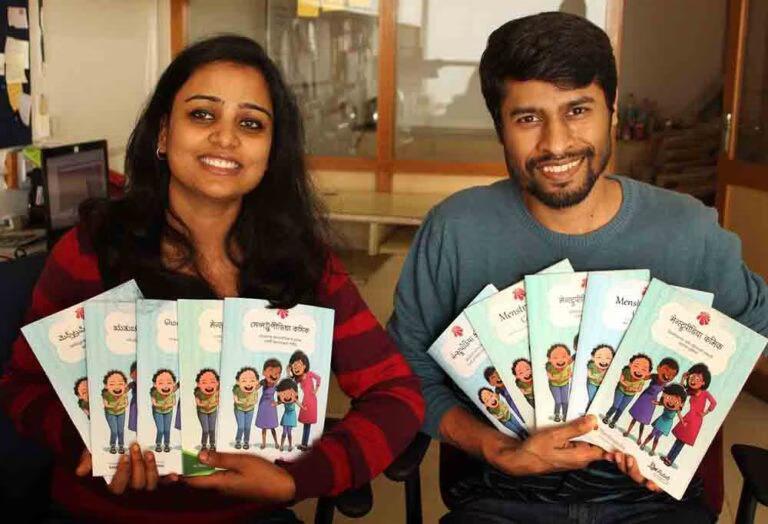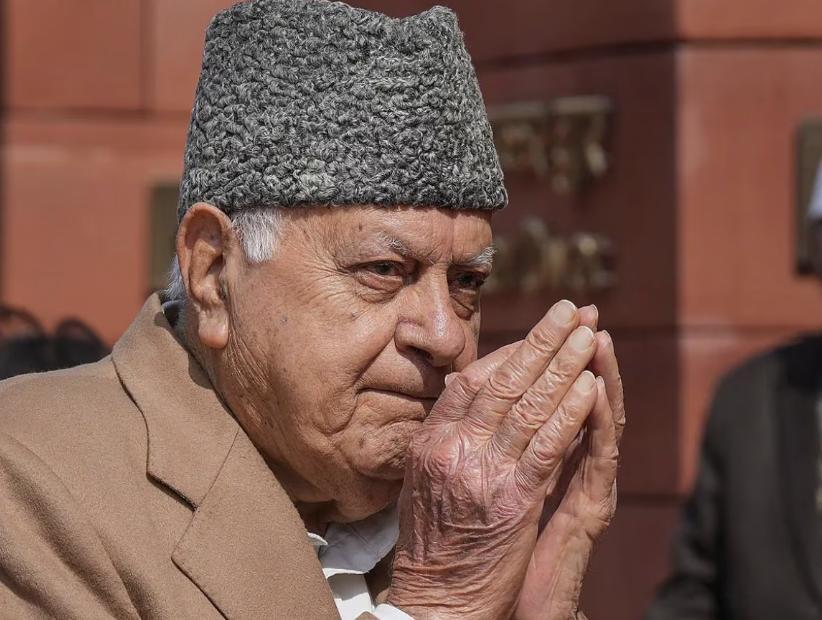
Ex-R&AW chief Dulat claims Farooq privately backed Article 370 abrogation, he denies
In a shocking revelation, former Research and Analysis Wing (R&AW) chief AS Dulat has claimed in his new book “The Chief Minister and the Spy” that former Jammu and Kashmir Chief Minister Farooq Abdullah privately backed the abrogation of Article 370. However, Farooq Abdullah has vehemently denied these claims, calling them a “figment of imagination of the author who claims to be my friend”.
According to Dulat’s book, Abdullah’s National Conference (NC) had suggested that the abrogation of Article 370 would have helped in passing the Bill. Dulat, who was the R&AW chief from 1999 to 2000, claims that he had a conversation with Abdullah on the matter, where the latter had expressed his support for the move.
Article 370, which granted special status to Jammu and Kashmir, was abrogated by the Indian government on August 5, 2019, through a presidential order. The move was met with widespread protests and resistance in the region, with many critics arguing that it was a violation of the region’s autonomy.
Dulat’s claims have sparked a heated debate, with many questioning the motivations behind Abdullah’s alleged support for the abrogation of Article 370. Some have pointed out that Abdullah’s NC has historically been critical of the Centre’s policies on Kashmir, and that his party has been a key player in the region’s politics.
However, Abdullah has strongly denied Dulat’s claims, saying that they are a “figment of imagination” and that he has never supported the abrogation of Article 370. In a statement, Abdullah said, “I have been a strong advocate for the rights of the people of Jammu and Kashmir, and I have always opposed any attempts to undermine their autonomy and special status. I have never supported the abrogation of Article 370, and I will continue to fight for the rights of the people of the region.”
Abdullah’s denial has been echoed by his party, the National Conference, which has also rejected Dulat’s claims. In a statement, the party said, “The National Conference has always been a strong advocate for the rights of the people of Jammu and Kashmir, and we will continue to fight for their autonomy and special status. We reject the claims made by AS Dulat and will continue to work towards the betterment of the region.”
Dulat’s book has sparked a heated debate on the issue, with many experts and politicians weighing in on the matter. Some have questioned the timing of Dulat’s claims, with many arguing that they are an attempt to undermine Abdullah’s credibility and reputation.
Others have pointed out that Dulat’s claims are at odds with the official narrative on the abrogation of Article 370, which has been presented as a necessary step to integrate Jammu and Kashmir with the rest of the country. The government has argued that the special status granted to the region under Article 370 was creating barriers to development and progress, and that the abrogation of the article was necessary to bring the region in line with the rest of the country.
In conclusion, the controversy surrounding Dulat’s claims about Abdullah’s alleged support for the abrogation of Article 370 highlights the complexities and nuances of the issue. While Dulat’s claims have sparked a heated debate, Abdullah’s denial has been met with widespread skepticism. As the region continues to grapple with the aftermath of the abrogation of Article 370, it is clear that the issue will continue to be a source of controversy and conflict.
Source:
https://repository.inshorts.com/articles/en/PTI/5880e3bf-0a05-40d6-887a-465b5c760b3a
